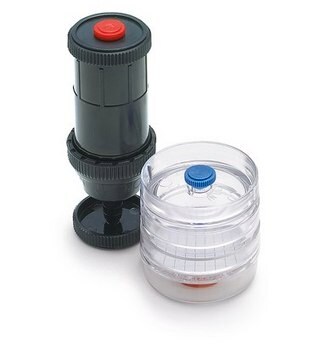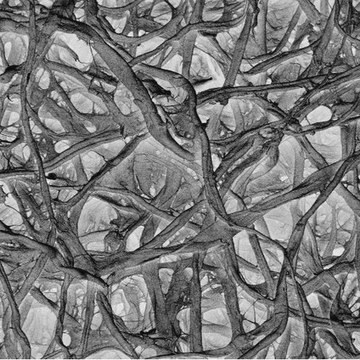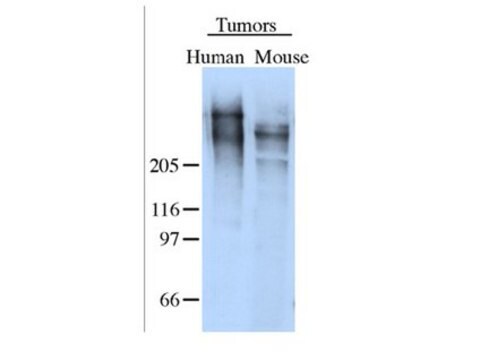MAWP025AC
Aerosol Monitor, Carbon-filled Polypropylene 25 mm, mixed cellulose esters, 0.8 µm, white, with pad
Microscopic particle analysis and sample collection for HPLC and UV detection
Synonym(s):
25 mm Aerosol Monitor, Polypropylene Aerosol Monitor
Sign Into View Organizational & Contract Pricing
All Photos(1)
About This Item
UNSPSC Code:
41116116
eCl@ss:
32161002
NACRES:
NB.24
Recommended Products
material
carbon-filled polypropylene
plain filter
polypropylene device
white filter
sterility
non-sterile
filter diam.
25 mm
filtration area
4 cm2
pore size
0.8 μm pore size
5.0 μm pore size
fitting
inlet hose barb (no tubing adapter needed)
application(s)
environmental
shipped in
ambient
Application
Aerosol Monitor, Carbon-filled Polypropylene 25 mm, mixed cellulose esters, 0.8 μm, white, with pad has been used for dust sample collection for environmental monitoring in coffee-processing factories. It has also been used in air sample collection to monitor atmospheric asbestos levels in air conditioner (AC) factories.
Features and Benefits
- Compliant with the national institute of occupational safety and health (NIOSH) standard methods
- Applicable for environmental analysis especially for aerosol and asbestos monitoring.
- Average Background Count (ABC) values are marked on boxes.
- Pre-assembled filters.A thin cellulose seal filter between monitor sections enables even sample flow distribution.
- Available with matched-weight membranes to save time during gravimetric analysis.
Storage Class Code
11 - Combustible Solids
WGK
WGK 2
Certificates of Analysis (COA)
Search for Certificates of Analysis (COA) by entering the products Lot/Batch Number. Lot and Batch Numbers can be found on a product’s label following the words ‘Lot’ or ‘Batch’.
Already Own This Product?
Find documentation for the products that you have recently purchased in the Document Library.
Workplace atmospheric asbestos levels in different plants manufacturing asbestos-cement roofing sheets in India
Ansari F, et al.
Atmospheric Pollution Research, 1(2) (2010)
Samson Wakuma Abaya et al.
Annals of work exposures and health, 62(9), 1087-1095 (2018-09-17)
Coffee processing has been shown to cause high dust exposure among the workers, but there are few studies from primary processing of coffee, and none of them is from Ethiopia. The aim of this study was to assess dust exposure
Our team of scientists has experience in all areas of research including Life Science, Material Science, Chemical Synthesis, Chromatography, Analytical and many others.
Contact Technical Service








